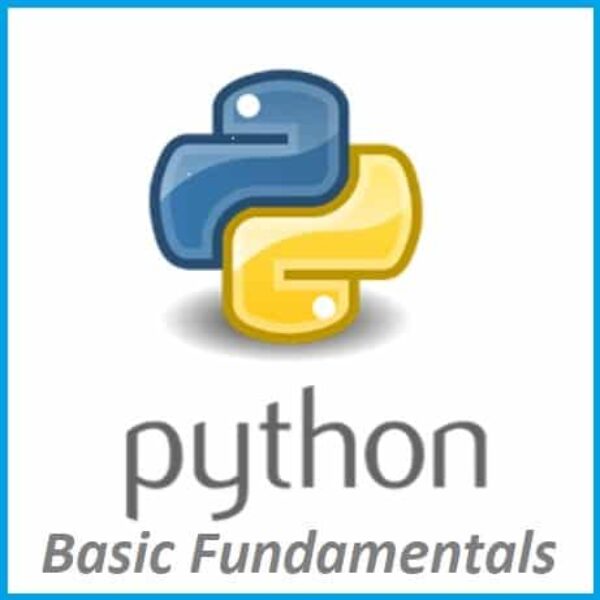Dictionary Attacks: Password Lists and Attacks
Password Lists and Dictionary Attacks In this Ethical Hacking guide, we are going to talk about password lists, dictionary attacks, and password cracking with tools like Hydra. Passwords ListsA password list, often referred to as a "password dictionary" or simply a "dictionary," is a collection of words, phrases, or character combinations. Password lists are used for various purposes in the realm of cybersecurity, particularly in password-related activities. These lists can serve different functions, and their contents can vary, but their primary…







